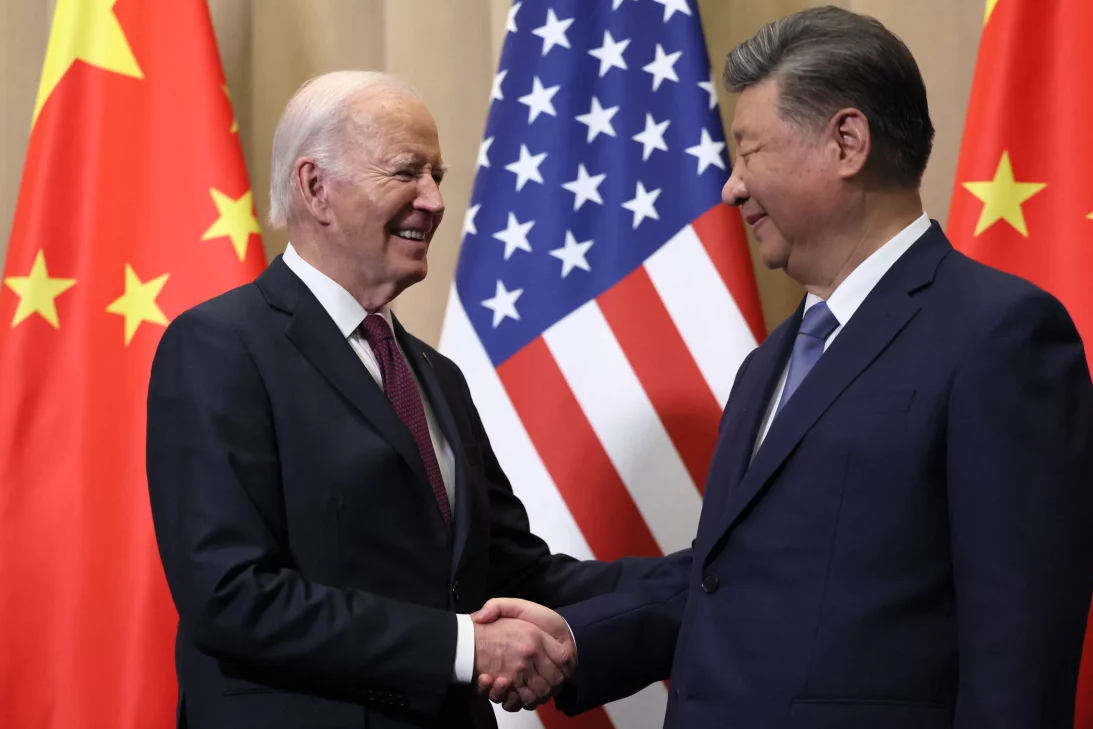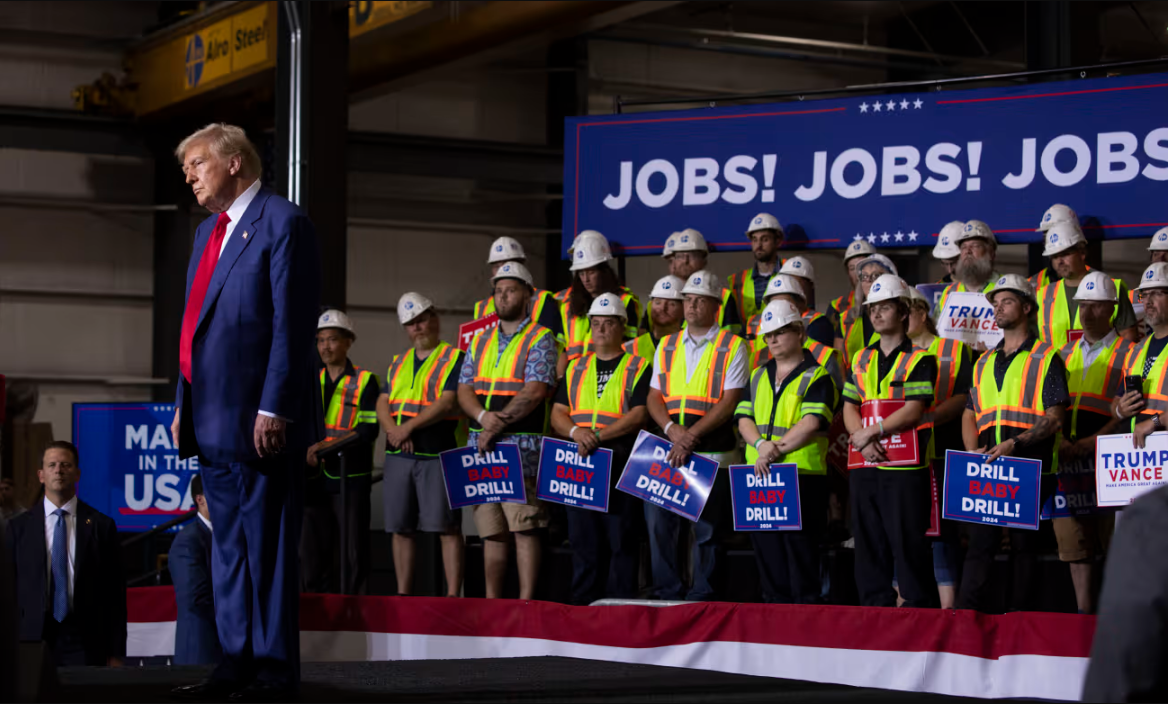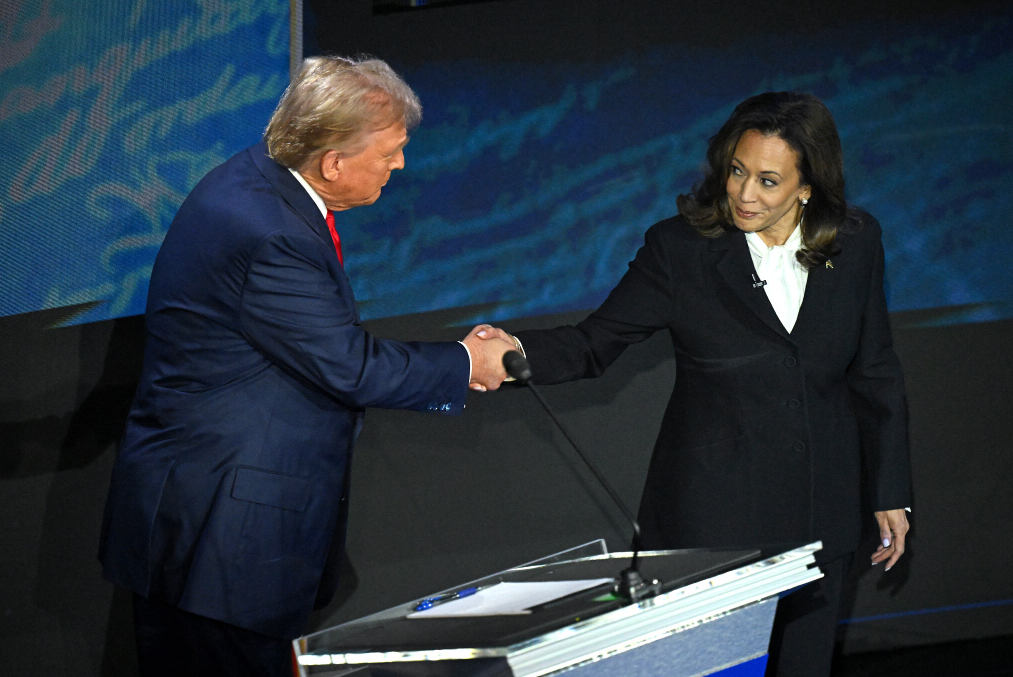Tian Shichen, Founder & President, Global Governance Institution
Anthony Moretti, Distinguished Research Fellow at Global Governance Institution, Associate Professor at Robert Morris University
Dec 03, 2024
A fundamental shift in how the international community approaches global governance is required. Through concerted action, nations can resist the pull of unilateralism and build a more inclusive and stable international order.
Brian Wong, Assistant Professor in Philosophy and Fellow at Centre on Contemporary China and the World, HKU and Rhodes Scholar
Nov 29, 2024
The Trump administration’s blame-driven approach to U.S.-China relations fueled mutual losses and entrenched scapegoating of China for U.S. domestic issues. Ultimately, subnational diplomacy and pragmatic collaboration are essential for rebuilding constructive ties.
Xiao Bin, Deputy Secretary-general, Center for Shanghai Cooperation Organization Studies, Chinese Association of Social Sciences
Nov 29, 2024
The recent election in the United States has given Russia an opportunity to restart strategic dialogues. Under Donald Trump’s leadership, however, U.S.-Russia relations are likely to be dominated by containment and counter-containment. Meanwhile, Russia believes that Russia-China relations are central to world security and can counter Trump’s inclination to make peace through force.
Ghulam Ali, Deputy Director, Hong Kong Research Center for Asian Studies
Nov 22, 2024
A change in America’s political leadership will bring challenges, but China is not as vulnerable as some say. Aggressive U.S. policies could push China to diversify its investments and explore new markets, while projecting itself as a stable and predictable power.
Chen Jimin, Guest Researcher, Center for Peace and Development Studies, China Association for International Friendly Contact
Nov 22, 2024
Donald Trump’s victory in the 2024 presidential election is worrisome. People-to-people exchanges between China and the United States faced many challenges during his first term, and the Republican Party Platform is not friendly to outsiders. There could be stormy weather ahead.
Yu Xiang, Senior Fellow, China Construction Bank Research Institute
Nov 22, 2024
The country is capable of mitigating any ill effects should Trump return to the aggressive form of his first term. China may feel some pressure, but it has built a multilayered economic defense involving domestic demand, fiscal policies, high-tech innovation and international cooperation.

David Shambaugh, Gaston Sigur Professor and Director of China Policy Program at George Washington University, Distinguished Visiting Fellow at Hoover Institution of Stanford University
Nov 22, 2024
As the outgoing Biden administration gives way to the incoming Trump administration, Presidents Biden and Xi Jinping met in Lima, Peru for the final time as national leaders. The working summit meeting caps four years of turbulent relations between the two nations and governments. But despite tensions, the two sides have managed to successfully reestablish channels of intergovernmental communication that have served to stabilize the relationship to some extent.

Sun Chenghao, Fellow, Center for International Security and Strategy of Tsinghua University; Munich Young Leader 2025
Nov 18, 2024
Europe may be entering a quasi-competitive phase with the United States — no longer occupying the center of U.S. foreign policy. Rather, it will have to face Trump’s tendency to de-prioritize allies, which will likely add fuel to Europe’s drive toward strategic autonomy.

Wang Huiyao, Founder, Center for China & Globalization
Nov 03, 2024
No matter who wins on Nov. 5 — Kamala Harris or Donald Trump — the coming vote will impact the world. China and the United States have a shared responsibility to navigate the problems of climate, economic development and conflict, and constructive efforts on both sides will make all the difference. This essay explores some possible election outcomes that will affect China.

Dan Steinbock, Founder, Difference Group
Oct 30, 2024
Israel’s Iran reprisals aren't over. A broader attack may ensue in cooperation with the United States, while the war-weary, ailing region would prefer to focus on economic development with China.